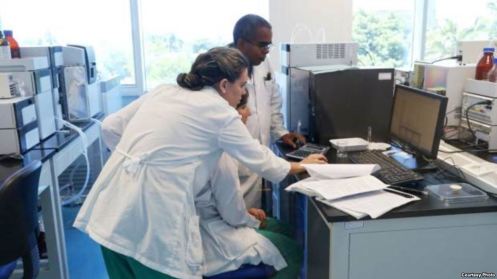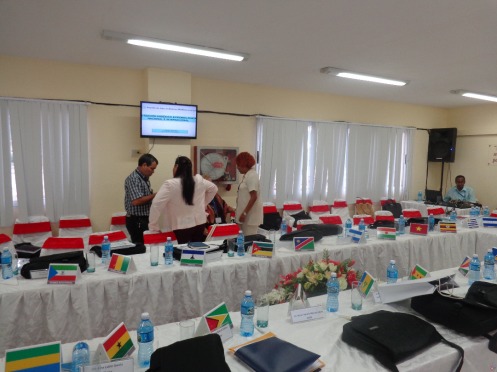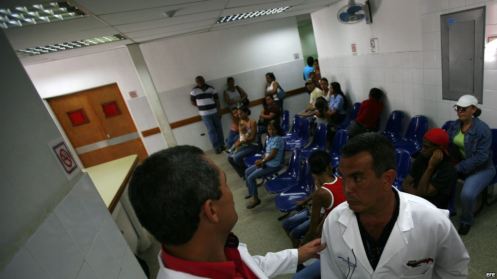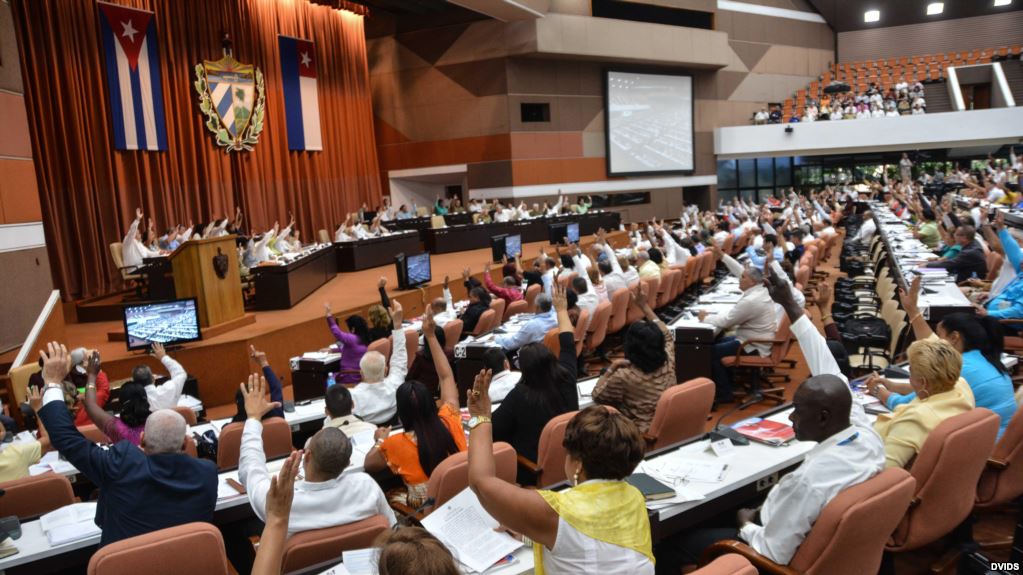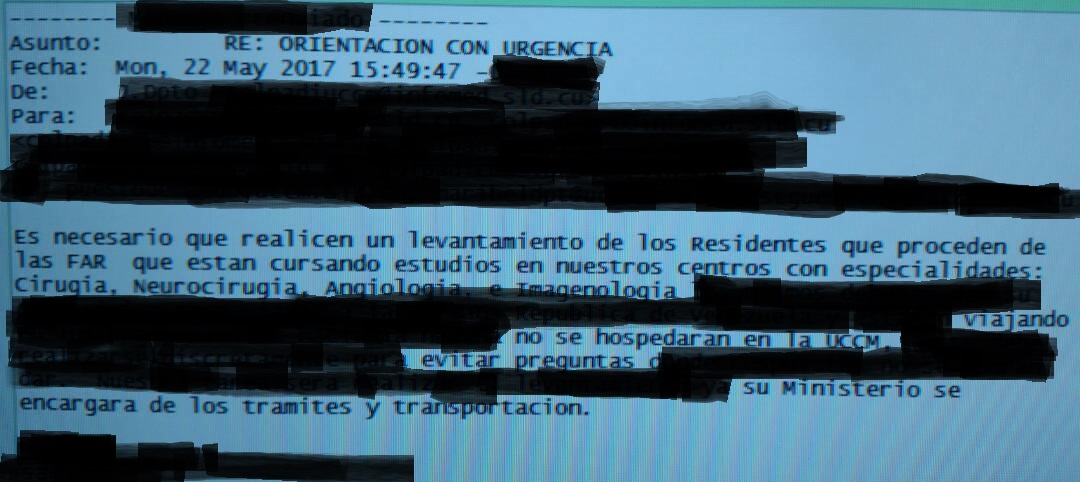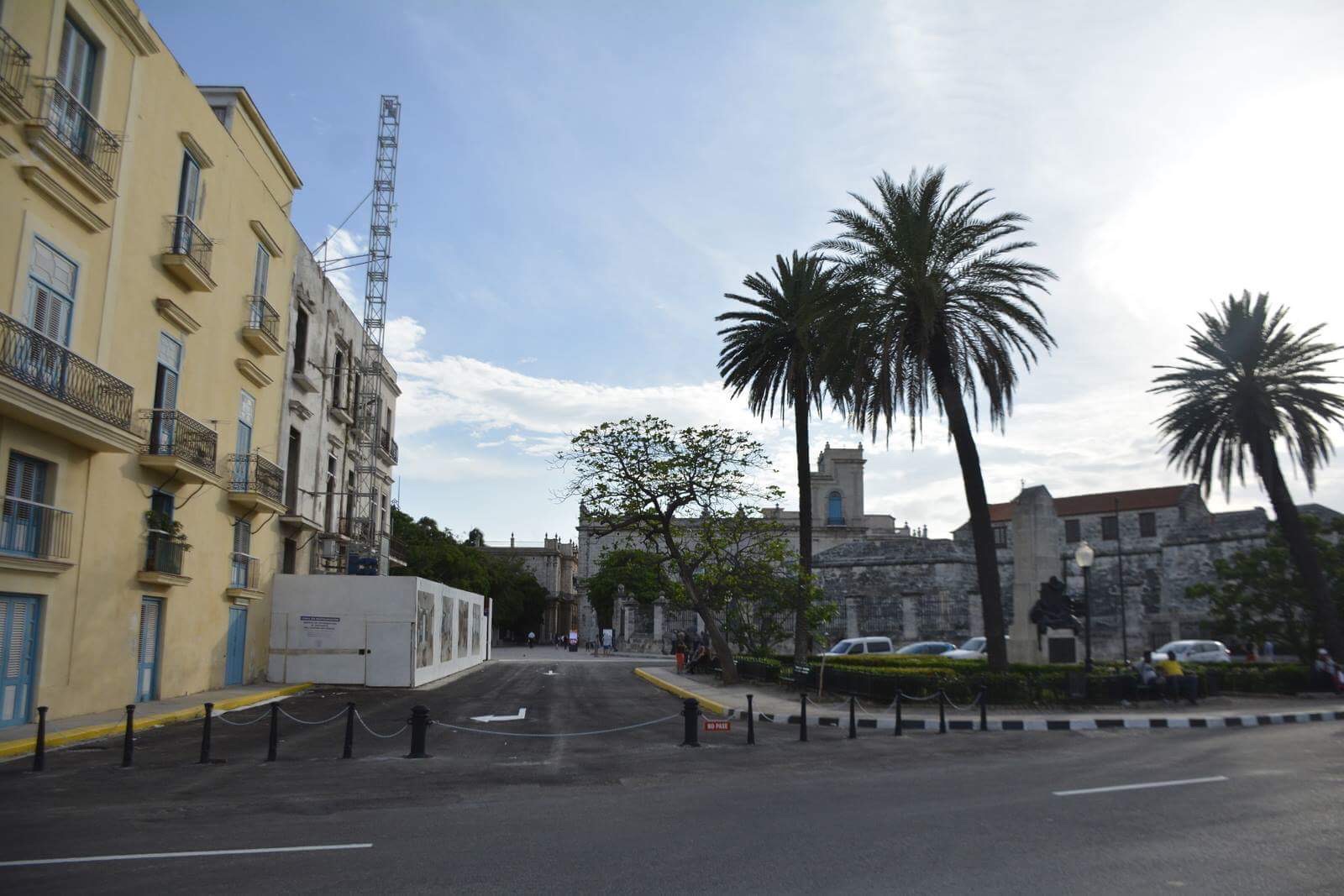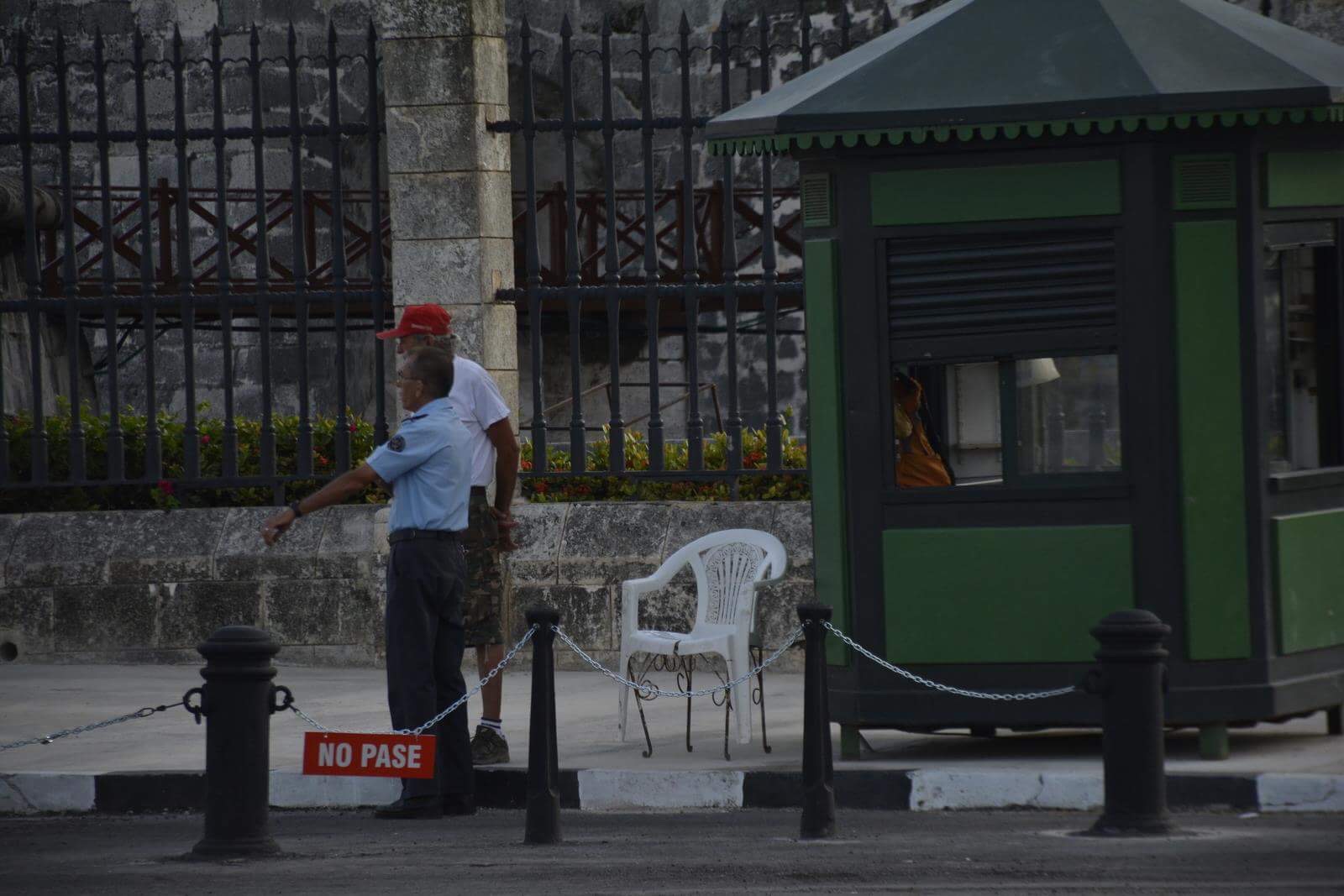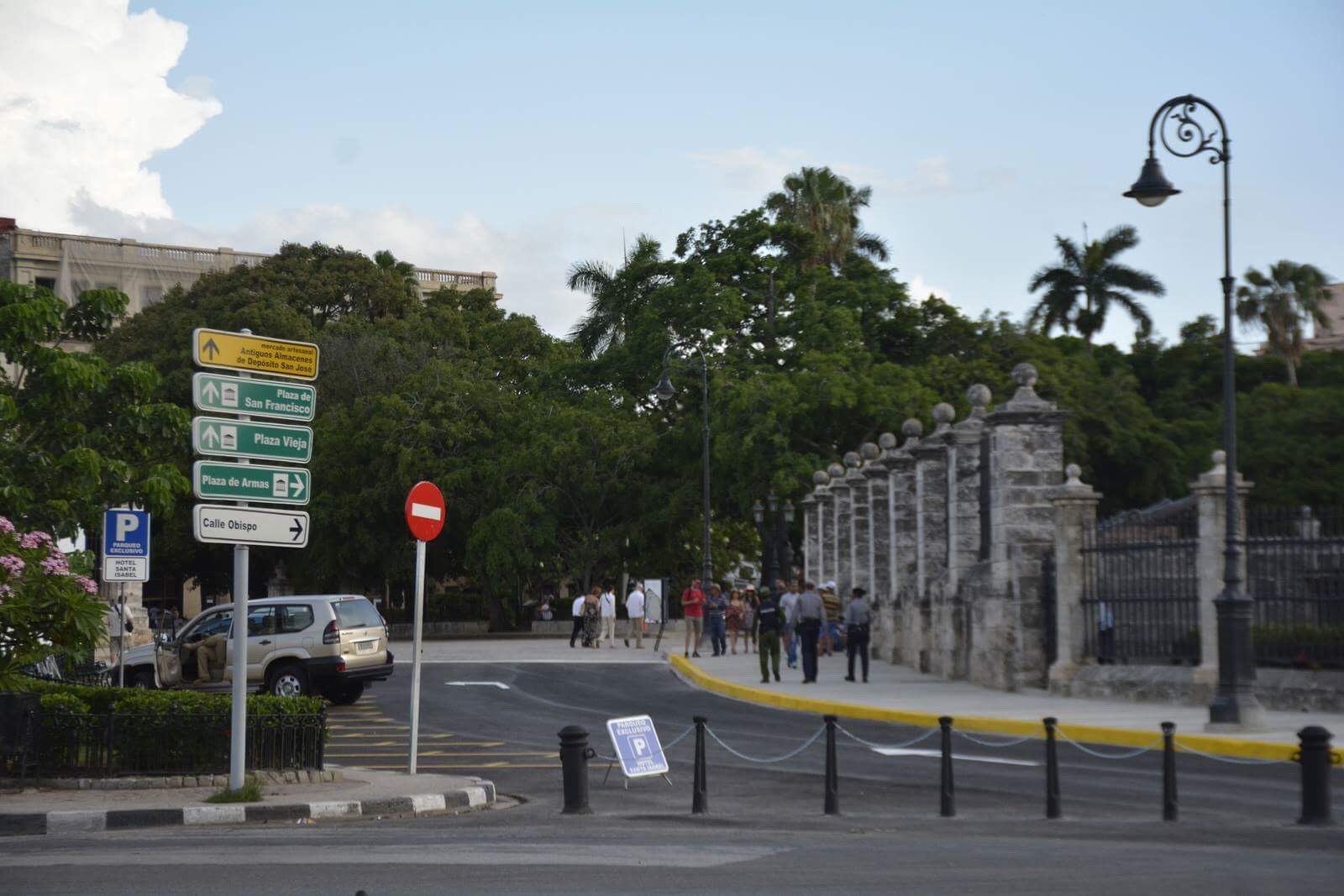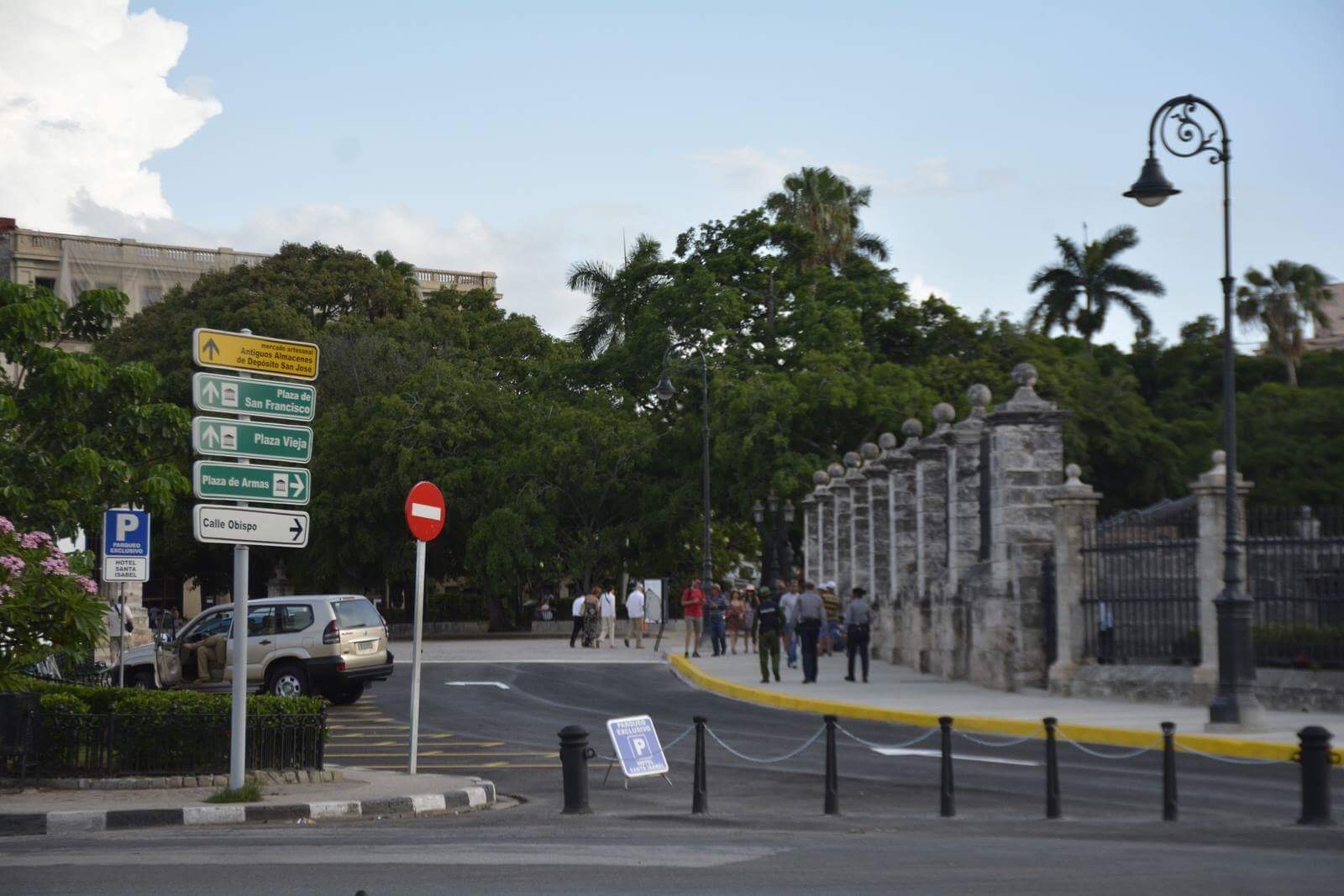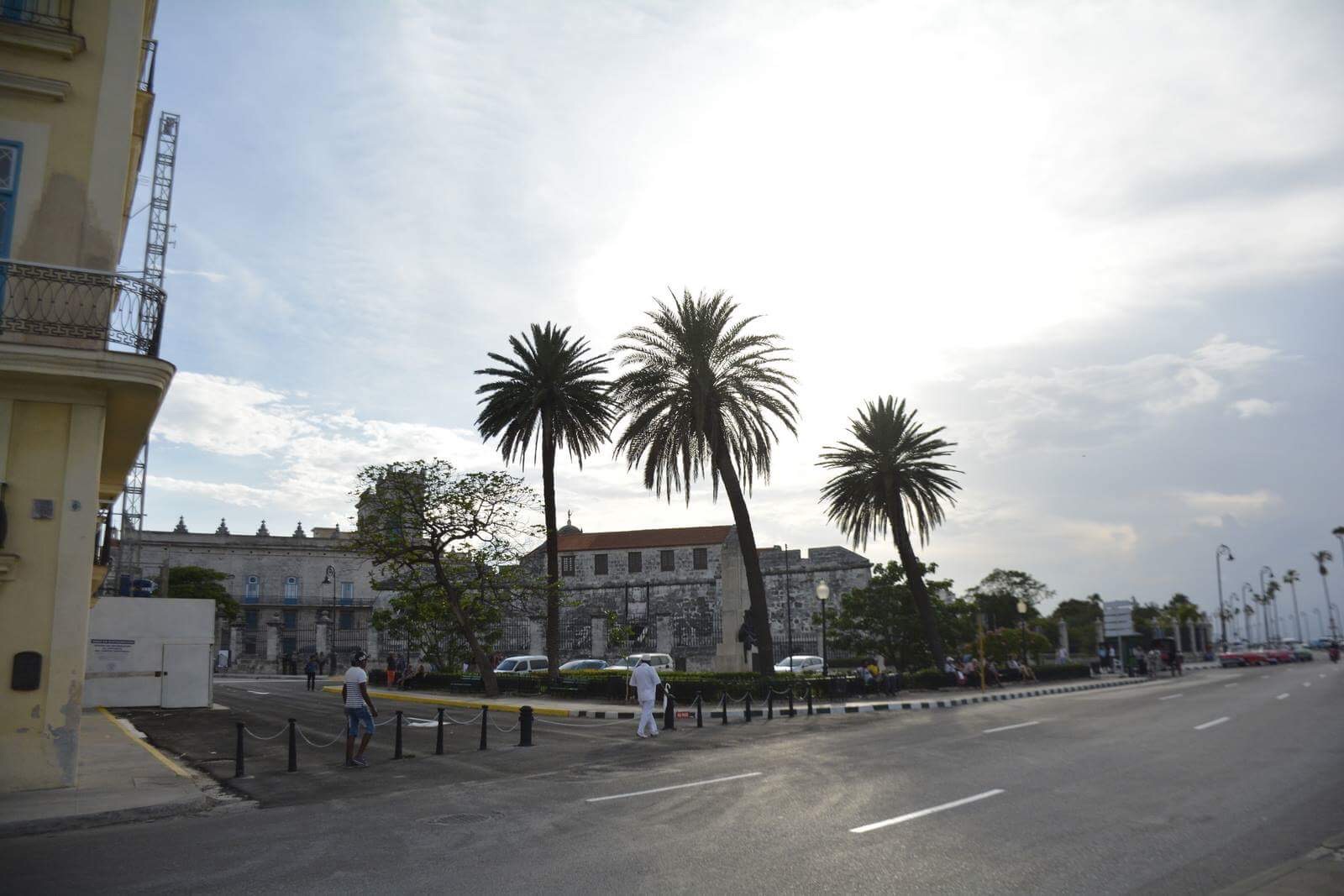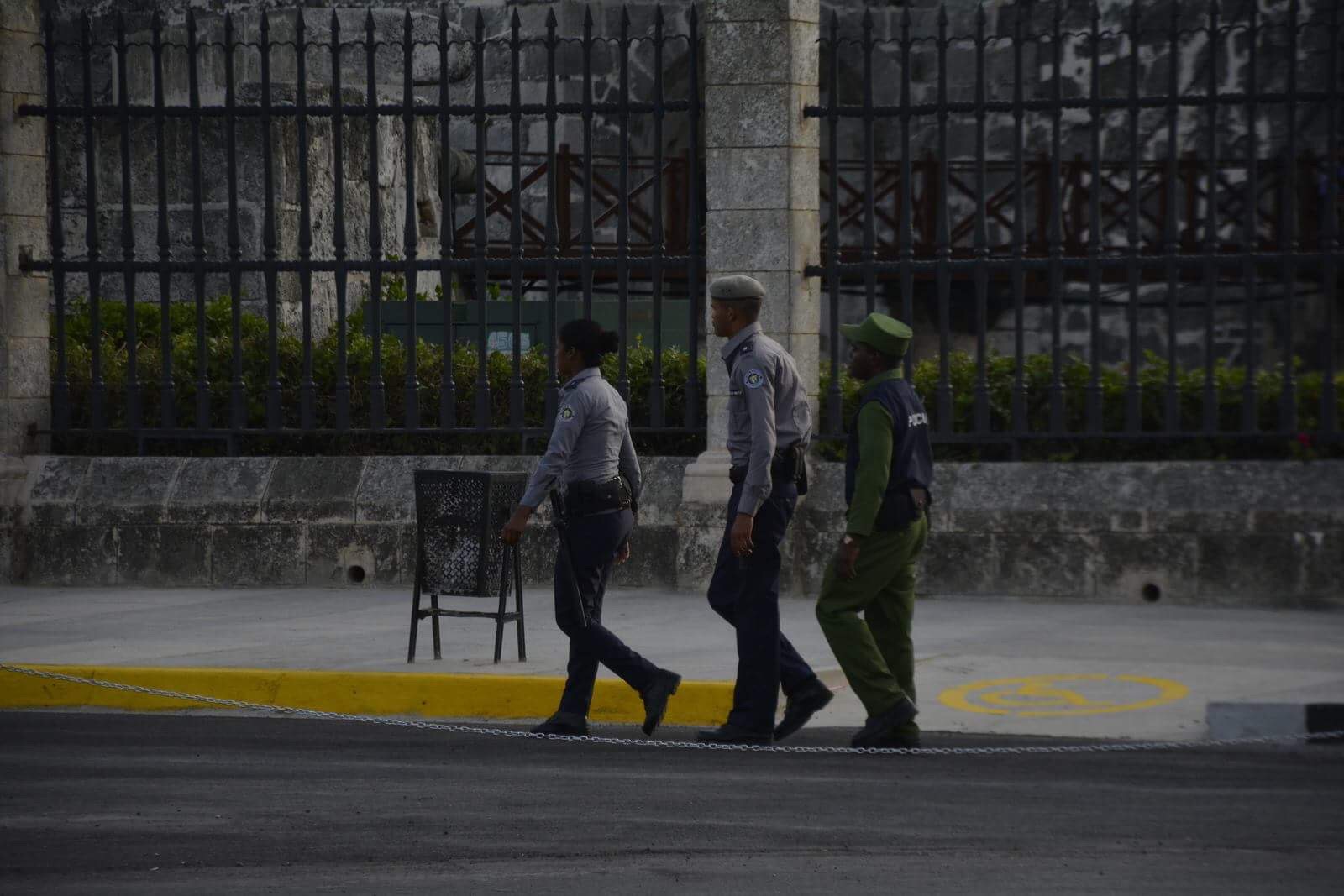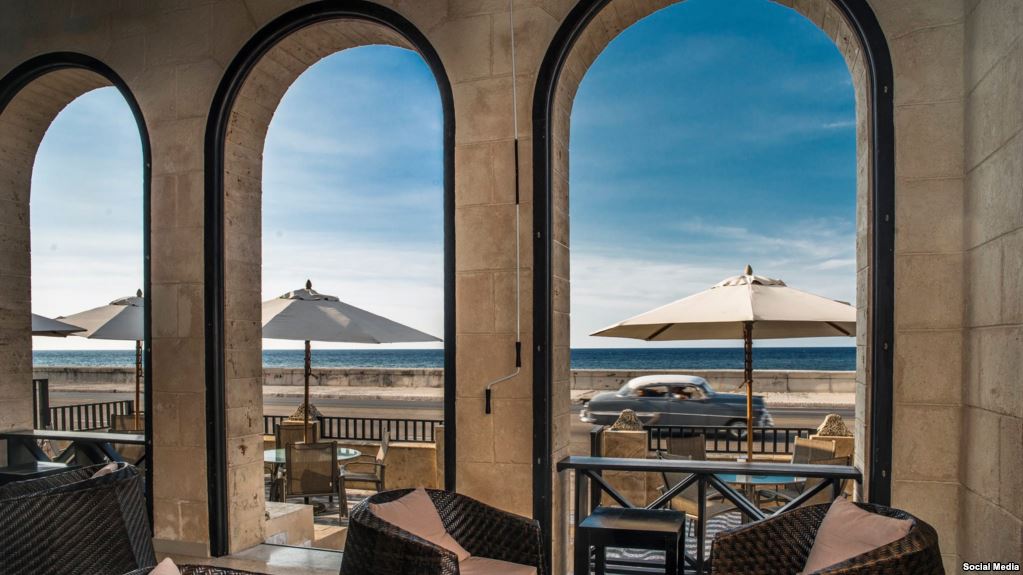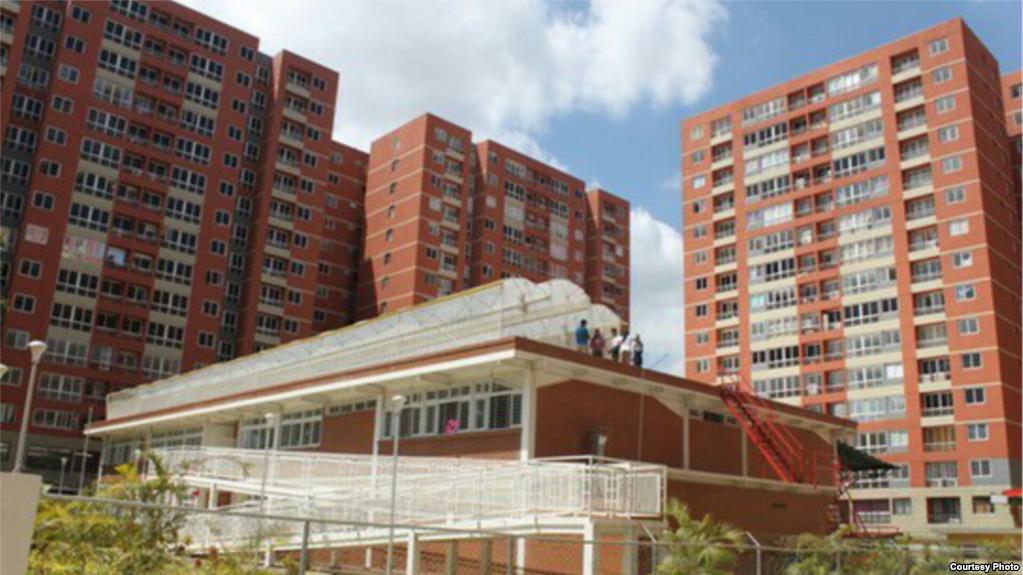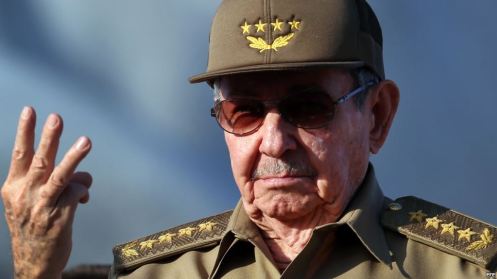Juan Juan Almeida, 16 August 2017 — The Cuban government will immediately strengthen controls and political indoctrination of Cuban doctors chosen for overseas medical missions.
“The e-mail announcing the meeting warned that we should be ready to report on compliance with Resolution 279 in each of the provinces and to discuss in detail the status of the personnel rotation plan along with the status of current pending cases,” says a source from the medical sector.* continue reading
Resolution 279, which was adopted by MINSAP in 2014, outlines procedures for training and providing human resources associated with providing medical and health services abroad.
The to-do list was distributed to attendees at the meeting, which began at 8:30 A.M.in the main meeting room of the Central Medical Cooperation Unit (UCCM), and consisted of a set of measures aimed at increasing control over Cuban aid workers on medical missions.
At the meeting officials were also informed of directives from the minister of public health, Roberto Morales, to the heads of Cuban medical missions overseas and analyzed the reasons behind the recent rejection by the Angolan government of 189 Cuban aid workers.
According to reports, ANTEX, the Cuban military-run company which provides services and training for joint ventures with the Angolan government, has prepared a new contract to be delivered to the authorities of the African nation.
Some key points of the meeting are as follows:
Political work
Due to the alarming increase in desertions and deactivations of personnel in various missions, it is suggested that a more careful selection of candidates be made.
Pay increased attention to aid workers. Revitalize meetings at the municipal level and pay personal attention to the relatives of those who have died while on a mission.
Review the annual personnel rotation plan
Due to numerous cases of non-compliance with the rotation program, it is necessary to review the current situation regarding shortages of specialists in Venezuela.
As a participating aid workers, directors should record how new resources from the Revolutionary Armed Forces are being used. Also, directors should review compliance with the personnel rotation plan in Brazil and provide information regarding recent changes to the collaboration agreement with that country.
Priority is being given to achieving 100% compliance in current cases. Therefore, it is strongly suggested that directors coordinate with State Security to expedite the approval of candidates.
189 Cuban aid workers’ applications returned by Angola
According to ANTEX, the factors that led to the rejection of aid workers included suspicions of desertion, incomplete documentation, confiscation of contracts, complaints about service provided and conflicts over billing. However, a new dispatch of qualified personnel is being readied and will be assigned as soon as possible to fulfill the commitment to the African sister nation.
Full Name, Specialty and Home Province of Personnel Approved for Upcoming Travel Overseas:
Carlos Emilio Alvarez Segrera, MD, Geriatrics, Granma
Fernando Raúl Rivero Martínez, MD, Neurophysiology, Granma
Rosaida Marrero Rodríguez, MD, Pediatrics, Holguín
Orlando Araujo Herrera, MD, Endocrinology, Havana
Carlos Demetrio Zamora Espinosa, Immunology, Havana
Adonis Montero Barrientos, MD, Neonatology, Las Tunas
Alejandro Virelles Pacheco, MD, Obstetrics & Gynecology, Granma
Silvio Valdés Avila Vera, MD, Obstetrics & Gynecology, Guantánamo
Tania de la Caridad Fernández Nuñez, MD, Microbiology, Mayabeque
Nolberto Rafael Monteagudo Garces, Hygiene and Epidemiology, Las Tunas
Caridad Luisa Mejias Mayo, MD, Microbiology, Las Tunas
Maile Paez Padrón, MD, Obstetrics & Gynecology, Artemisa
Keyly Fernández Garcia, MD, Ophtalmology, Havana
Milagro Sánchez Sarduy, RN, Ciego de Avila
Dolores Enriqueta Colet Figueredo, RN, Granma
Bessel Dieguez Ortiz, Licensed Clinician, Ciego de Avila
Asuncion Fortunata Rodríguez Morris, MD, General Surgery, Havana
Guadalupe Soliman Díaz, RN, Artemisa
Cecilio Vladimir Díaz Noda, MD, Obstetrics & Gynecology, Pinar del Rio
Madelyn Urquiola Mariño, Lab Clinician, Pinar del Rio
Lien Gómez Estacio, MD, Human Anatomy, Villa Clara
Arle Luís Ramos Arencibia, MD, Human Anatomy, Pinar del Rio
Rodney Kidman Nieves Armas, Licensed Lab Technician, Cienfuegos
Mabel Guzman Anglada, Licensed Biologist, Holguín
Rosa Coralia Cisneros Reyna, RN, Holguín
Osmani Becerra Peña, RN, Cienfuegos
Daisy Iliana Luaces Carballo, MD, Psychiatry, Havana
Luisa Bello Zamora, RN, Granma
Giorbis Watson Veola, MD, Obstetrics & Gynecology, Guantánamo
Griselda González Salazar, Secretary-Lecturer, Havana
Angélica González Medina, MD, Dermatology, Guantánamo
Leonardo Naranjo Aguilar, Licensed Lab Techinician, Granma
Ivette Mulens Ramos MD, Obstetrics & Gynecology, Havana
Alina Caraballo Díaz, Licensed Biologist, Sancti Spiritus
Carlos Tablada Cobiella, Telecommunications Engineer, Granma
Gladys Barbara Barberis Pérez, MD, Cienfuegos
Iliana Otero Rodríguez, PhD, Stomalogy, Pinar del Rio
Yainet Medina Magaña, RN, Havana
Adolfo Cruz Carrera, Special Education, Sancti Spiritus
Barbara Fortunata Salabarria Remedios, Licensed Clinical Lab Technician, Sancti Spiritus
Martina Sabina Jiménez Suárez, Special Education in Biology, Cienfuegos
*Translator’s note: As part of a program which generates hard currrency for the Cuban government, Cuban medical personnel are sent to overseas medical missions in developing countries for fixed periods of time. Their services are provided to patients free of charge and costs are covered by the host country. However, increasing numbers of Cuban medical personnel are defecting to other countries before their terms of service have expired and before they can be replaced. The Cuban government has tried, without great success, to stem the exodus.
